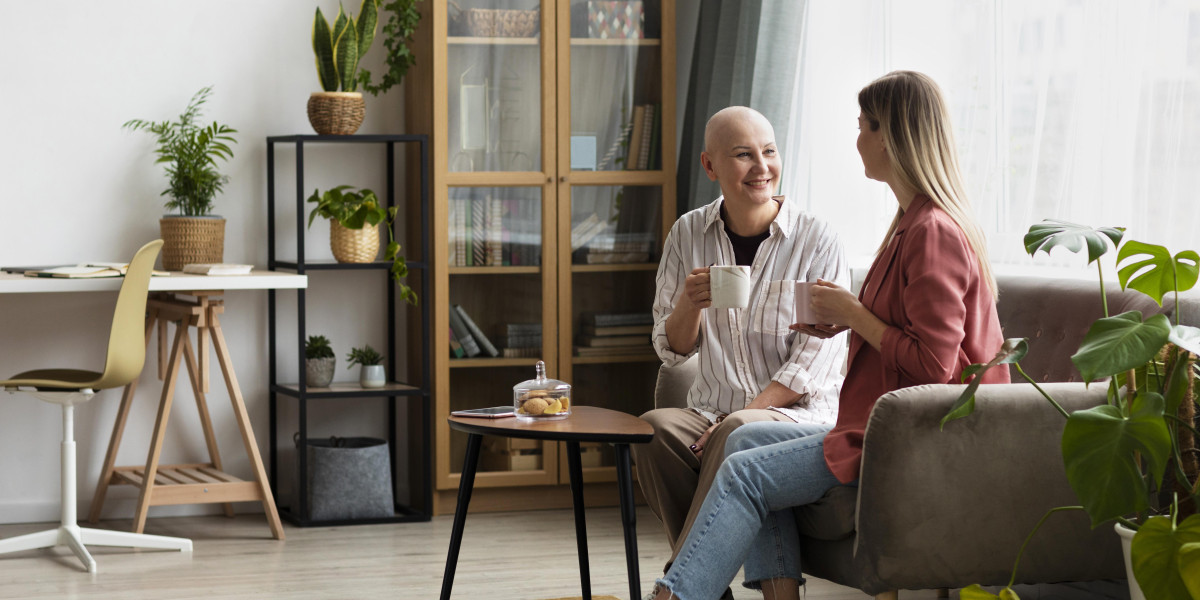NDIS Housing Australia is transforming the way individuals with disabilities live, offering them the opportunity to enjoy independent, safe, and accessible housing options tailored to their specific needs. Through the National Disability Insurance Scheme (NDIS), participants can access specialized housing support that enhances their quality of life while fostering independence, dignity, and inclusion.
The goal of NDIS housing is to provide people with disabilities a comfortable and supportive environment that meets both their physical and emotional needs. It’s not just about having a roof over one’s head — it’s about creating homes that promote community participation, accessibility, and personal growth.
What Is NDIS Housing?
NDIS housing includes several types of accommodation options designed for eligible participants, such as Specialist Disability Accommodation (SDA) and Supported Independent Living (SIL). SDA homes are built with accessibility features that cater to high physical support needs, while SIL focuses on daily living assistance for individuals who can live more independently with minimal to moderate support.
Whether it’s shared housing, private apartments, or purpose-built homes, NDIS housing in Australia ensures participants have choices that best suit their lifestyle and level of support required.
Benefits of NDIS Housing
Independence: Participants can live on their own terms with the support they need.
Safety & Accessibility: Homes are designed with safety and accessibility features such as ramps, wide doorways, and assistive technologies.
Community Inclusion: Many NDIS homes are located near communities, services, and recreational spaces.
Personalised Support: Every plan is tailored to meet the participant’s individual goals and preferences.
Enhanced Quality of Life: NDIS housing provides comfort, stability, and emotional wellbeing for long-term growth.
How to Access NDIS Housing in Australia
To access NDIS housing, participants need to be registered under the NDIS and have housing support included in their plan. It’s important to discuss housing goals with an NDIS planner or support coordinator, who can guide them toward the right accommodation type. Many registered providers across Australia offer a range of NDIS housing options — from fully supported group homes to independent living apartments.
Conclusion
NDIS Housing Australia is more than just an accommodation solution — it’s a step toward empowerment, inclusion, and independence for people with disabilities. By providing safe and supportive environments, the NDIS ensures that every participant has the opportunity to live life with dignity, freedom, and choice.





